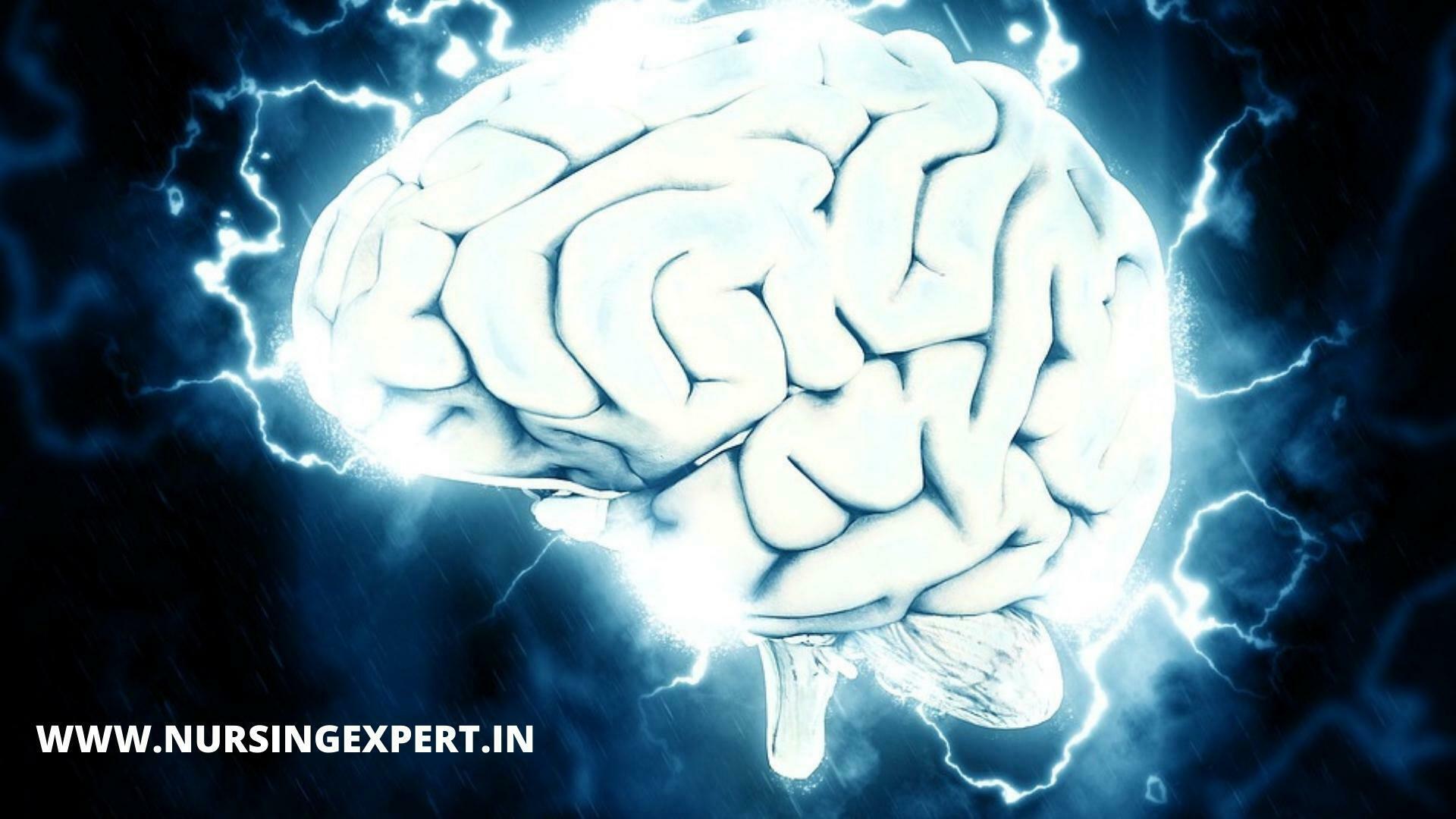Anorexia NCP: Anorexia nervosa is a complex and serious eating disorder characterized by an intense fear of gaining weight or becoming obese. This fear leads individuals to avoid maintaining a healthy body weight, often dropping below 85% of what is appropriate for their height. Although it is most commonly seen in adolescent and young adult women, anorexia is increasingly recognized in men and people of various ages and backgrounds.
Thank you for reading this post, don't forget to subscribe!
What makes anorexia nervosa so concerning is how it impacts both physical and mental health. People with this disorder often engage in extreme behaviors to lose or maintain weight, such as strict calorie restriction, self-induced vomiting, misuse of laxatives or diuretics, and excessive exercise. These actions are often driven by distorted body image, low self-esteem, and a need for control in other areas of their lives. Over time, these behaviors lead to severe malnutrition, significant weight loss, and potentially life-threatening complications.
As nurses, it’s crucial to recognize that anorexia nervosa affects more than just physical health—it deeply influences emotional well-being and social functioning. Patients may struggle with self-worth and have difficulty seeing the impact their behaviors have on their body. Care must be holistic, focusing on both medical stabilization and addressing the psychological roots of the disorder.
In severe cases, hospitalization may be required to address critical medical concerns such as electrolyte imbalances, cardiac instability, or severe malnutrition. During this acute phase, the priority is to stabilize the patient and prevent further health deterioration. Once they are medically stable, care often transitions to outpatient or partial hospitalization programs where patients receive multidisciplinary support, including nutritional counseling, individual therapy, and family involvement.
As part of the treatment team, nurses play a pivotal role in monitoring progress, offering emotional support, and educating patients about the importance of balanced nutrition. Building trust and maintaining a compassionate, nonjudgmental approach is key to helping patients work toward recovery. With a combination of evidence-based care and ongoing support, individuals with anorexia nervosa can begin to rebuild their health and regain control over their lives in a more positive and sustainable way.


Patient Information (Example Case Study)
Note: The following patient details are fictional and for educational purposes only.
- Name: Priya Sharma
- Age: 17 years
- Gender: Female
- Medical History: Diagnosed with anorexia nervosa 1 year ago, history of severe weight loss, low blood pressure, and electrolyte imbalances.
- Symptoms: Extreme fatigue, dizziness, brittle nails, pale skin, anxiety about eating, refuses to eat in front of others.
- Medical Diagnosis: Anorexia Nervosa
- Admission Date: 5th February 2025
- Care Plan Initiated: 6th February 2025
Comprehensive Nursing Care Plan for Anorexia NCP
1. Nursing Assessment
| Assessment Type | Details |
|---|---|
| Subjective Data | Patient reports feeling “too fat” despite being underweight. She expresses fear of eating in front of others. |
| Objective Data | – Vital Signs: BP: 85/55 mmHg, HR: 50 bpm, Temperature: 96.8°F |
- Hydration Status: Dry skin, sunken eyes
- Pain Assessment: Mild abdominal pain
- Laboratory Values: Low hemoglobin (9.0 g/dL), electrolyte imbalances, decreased glucose levels |
2. Nursing Diagnoses
1. Imbalanced Nutrition: Less Than Body Requirements
Related to:
- Extreme food restriction
- Fear of weight gain
- Distorted body image
Evidenced by:
- Severe weight loss
- Weakness and fatigue
- Electrolyte imbalances
2. Disturbed Body Image
Related to:
- Unrealistic perception of body weight
- Fear of social judgment
Evidenced by:
- Patient states she feels “too fat” despite being underweight
- Avoids mirrors and social gatherings
3. Risk for Electrolyte Imbalance
Related to:
- Malnutrition and dehydration
Evidenced by:
- Low potassium and sodium levels
- Signs of dehydration (dry mouth, sunken eyes)
4. Anxiety Related to Eating
Related to:
- Fear of weight gain
- Social pressure
Evidenced by:
- Avoids meals in public
- Experiences panic attacks when encouraged to eat
5. Fatigue Related to Inadequate Caloric Intake
Related to:
- Insufficient energy intake
- Muscle wasting
Evidenced by:
- Complains of constant exhaustion
- Unable to perform daily activities

3. Nursing Interventions and Rationales
| Nursing Intervention | Rationale |
|---|---|
| Encourage small, frequent, high-calorie meals. | Helps the body regain strength without overwhelming digestion. |
| Monitor vital signs and weight daily. | Ensures early detection of complications. |
| Encourage supervised mealtimes. | Prevents food restriction and ensures adequate intake. |
| Provide electrolyte supplements as prescribed. | Corrects imbalances and prevents cardiac complications. |
| Offer counseling and psychological support. | Helps address underlying mental health issues contributing to anorexia. |
| Encourage participation in body image therapy. | Helps improve self-perception and body acceptance. |
| Monitor hydration levels and encourage fluid intake. | Prevents dehydration and related complications. |
| Educate patient and family about healthy eating habits. | Provides knowledge to prevent relapse. |
| Establish trust and build rapport. | Encourages open communication about fears and progress. |
| Encourage participation in light physical activities. | Helps improve mood and physical health safely. |
4. Nursing Goals
- Restore healthy body weight to a safe level.
- Improve nutritional intake and hydration.
- Reduce anxiety around food and eating.
- Promote positive body image and self-acceptance.
- Prevent long-term complications like osteoporosis and organ failure.
5. Evaluation and Expected Outcomes
| Expected Outcome | Evaluation Criteria |
|---|---|
| Patient gains at least 2 kg per month | Monitored through weekly weight checks. |
| Improved vital signs | BP, HR, and temperature return to normal. |
| Decreased anxiety about eating | Patient eats meals without severe distress. |
| Improved self-perception | Patient expresses more positive feelings about her body. |
| No electrolyte imbalances | Lab results show normal potassium and sodium levels. |
Frequently Asked Questions (FAQs)
1. What is an Anorexia NCP?
An Anorexia Nursing Care Plan (NCP) is a structured guide that helps nurses monitor and treat patients with anorexia nervosa. It includes assessments, interventions, and outcome goals to ensure the patient’s recovery.
2. Why do anorexia patients refuse to eat?
People with anorexia have an intense fear of weight gain and a distorted body image, making them believe they are overweight even when dangerously thin.
3. How do nurses help anorexic patients?
Nurses provide nutritional support, mental health counseling, and medical monitoring to help patients recover safely.
4. What are the dangers of untreated anorexia?
Untreated anorexia can lead to heart failure, severe malnutrition, osteoporosis, infertility, and even death.
5. Can anorexia be cured?
Yes, with early intervention, therapy, and medical support, anorexia can be managed, and patients can recover.
Recommended Resources
- National Eating Disorders Association
- WHO Guidelines on Eating Disorders
- Latest Research on Anorexia Treatment
💡 And there you have it! A detailed, structured, and engaging Anorexia NCP guide just for you, future nurse! 🚑✨ Hope this helps you ace your exams and clinical practice!


